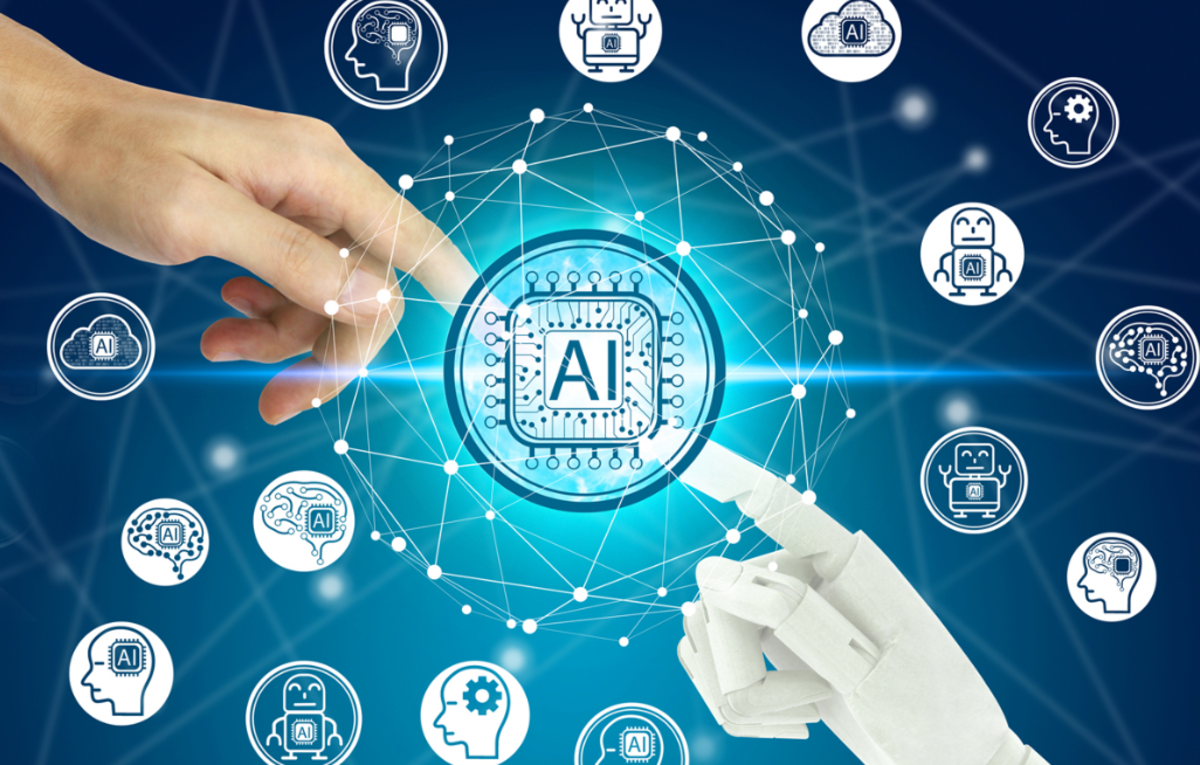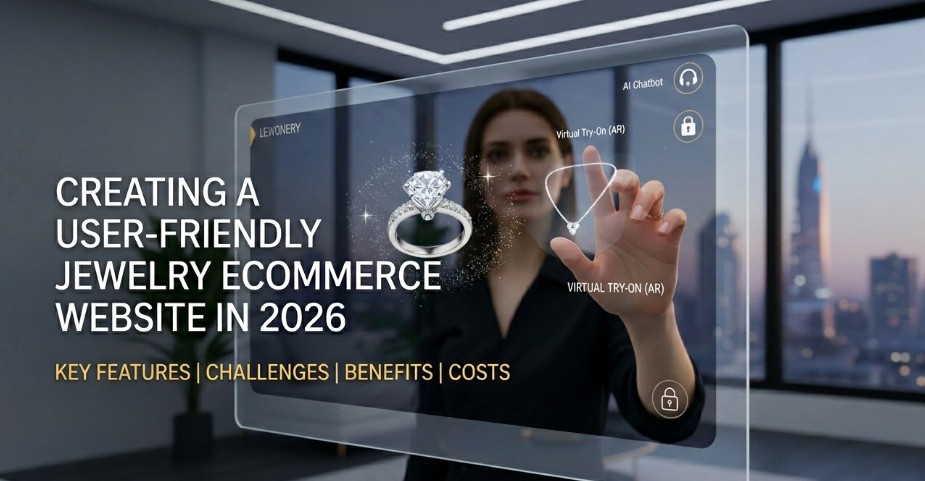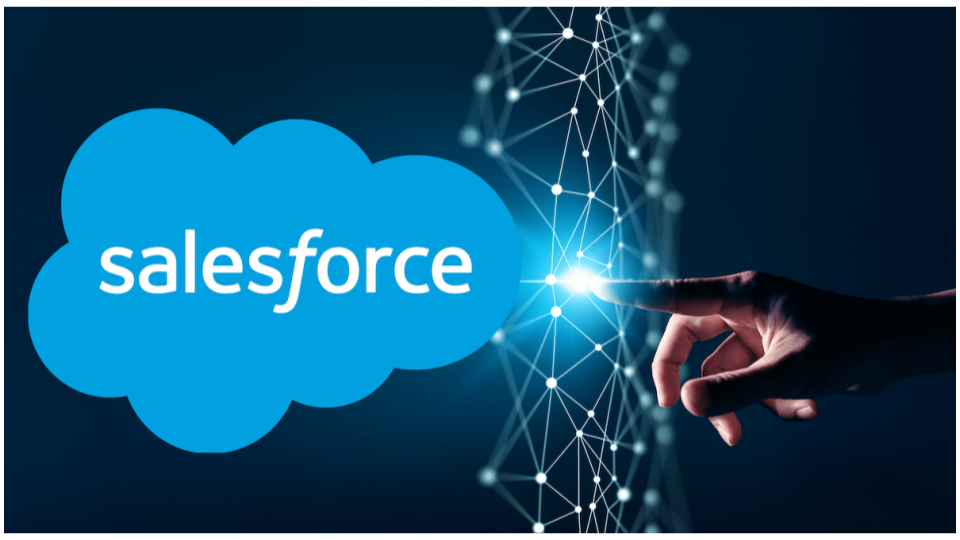Web3 Marketing Agencies: Revolutionizing the Future of Digital Campaigns
The realm of marketing has become a component in the growth strategies of businesses, facilitating their outreach efforts and engagement with potential clientele. Adapting to the landscape is essential to maintaining a competitive edge. In recent times, Web3 marketing agencies have emerged as disruptors in the industry. By harnessing cutting-edge technologies such as blockchain, artificial intelligence (AI), and augmented reality (AR), these agencies are reshaping campaigns and offering businesses unprecedented avenues for achieving success.
1. Embracing Innovations in Blockchain Technology
Conventional digital advertising encounters challenges like opacity, ad fraud, data breaches, and substantial cuts taken by intermediaries. A Web3 marketing agency can effectively tackle these issues by embracing technology. The decentralized nature of blockchain ensures transparency and data immutability, eliminating influence and fraudulent practices.
Through blockchain-powered platforms, companies can authenticate ad impressions, monitor real-time performance metrics, securely verify users' identities without compromising their privacy, and directly incentivize them for engagement or attention using cryptocurrency tokens. By circumventing intermediaries in this process, Web3 agencies empower businesses to attain a return on investment while fostering trust with their customer base.
2. Embracing the Power of Artificial Intelligence
The influence of artificial intelligence on various sectors, including digital marketing, has been profound. In Web3 advertising campaigns, AI-driven algorithms play a key role in crafting customer experiences that boost engagement and conversion rates. Through the use of machine learning algorithms, AI evaluates user behavior patterns to offer content recommendations that are tailored to traditional approaches.
This empowers marketers to grasp consumer preferences on a level while streamlining tasks like email automation and A/B testing. Furthermore, AI tools support real-time sentiment analysis by monitoring social media discussions related to brands or products. This enables businesses to swiftly gauge sentiment and respond appropriately through informed decisions guided by insights.
3. Augmented Reality (AR) Enhancing User Engagement
Creating user experiences is essential for capturing consumer interest and fostering brand loyalty. Web3 marketing firms utilize reality to develop campaigns that engage users by blending the digital and physical realms seamlessly. AR elevates ads by overlaying computer-generated visuals onto real-world settings.
By scanning QR codes or utilizing AR applications, users can interact with elements superimposed on physical products, bringing them to life in an engaging manner. This technology changes the game, for advertising gives businesses a chance to showcase product features and engage customers in ways.
4. Utilizing User Generated Content (UGC)
In today's world, where consumers value authenticity and peer recommendations, user-generated content (UGC) has become a marketing tool. Marketing agencies in the Web3 space embrace UGC by integrating it into their campaigns. These agencies use UGC as proof in ads or on social media platforms by prompting customers to share their brand experiences.
The use of technology ensures the authenticity of user-generated content, addressing concerns about reviews or endorsements. UGC helps businesses connect with their audience on a level and fosters a sense of community around their brand. Customers feel valued when their opinions are acknowledged and shared, leading to increased loyalty and advocacy.
5. Making Advertising Accessible to All
Web3 marketing agencies prioritize inclusivity by democratizing advertising opportunities for businesses of all sizes, regardless of budget constraints. Traditional digital advertising tends to favor corporations with marketing budgets, leaving smaller businesses struggling to compete effectively. Web3 platforms promote tokenization, facilitating microtransactions between advertisers and content creators using cryptocurrencies.
This opens up opportunities for businesses and independent creators to connect with audiences while also giving aspiring influencers new ways to make money beyond the traditional methods dominated by big tech companies. Additionally, smart contracts powered by technology remove the need for intermediaries like middlemen or payment gateways, cutting costs and increasing profits for businesses. These changes in the ecosystem level the playing field for advertisers, promoting competition and diverse perspectives.
Conclusion
Marketing agencies focused on Web3 technology are leading the charge in transforming campaigns by utilizing tools such as blockchain, AI augmented reality and user generated content. With their strategies and groundbreaking solutions these agencies are changing how businesses interact with customers and achieve their marketing goals.
By embracing the transparency, personalization, interactivity, inclusivity and cost efficiency offered by Web3 strategies businesses can enhance their brand presence. Build lasting relationships, with customers. As digital marketing evolves rapidly adopting Web3 practices ensures staying of the game and making the most of opportunities in todays changing landscape.








